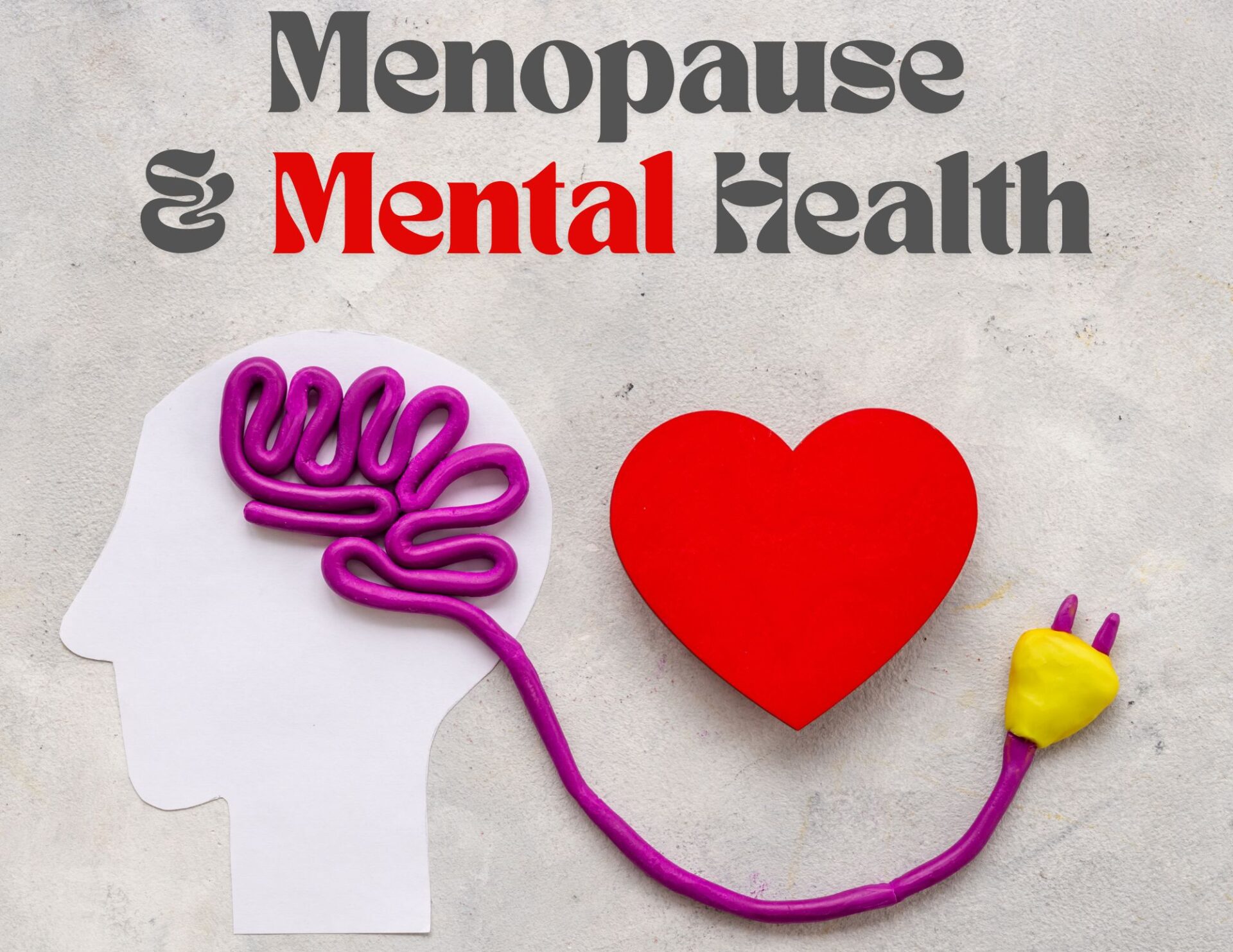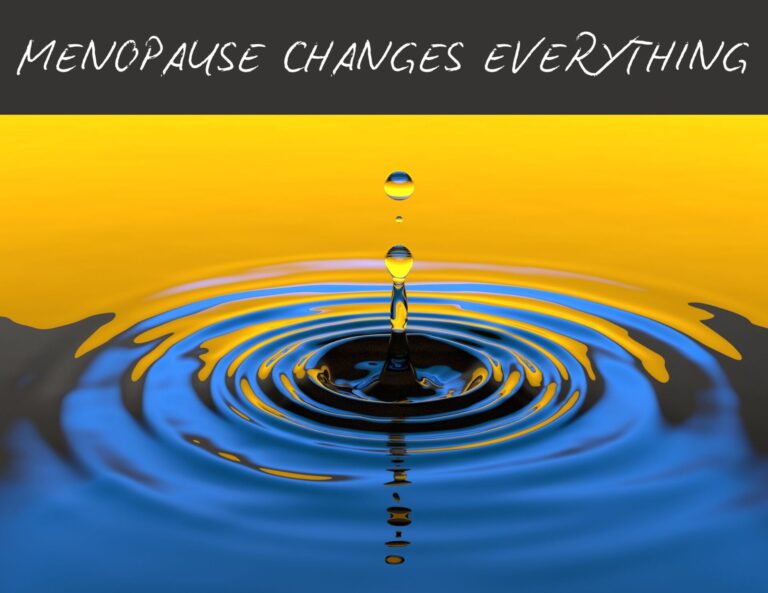This post may contain affiliate links. Read the full disclosure here.
Menopause and Mental Health – How to Manage Anxiety, Brain Fog, and Mood Swings
Menopause is more than just hot flashes and night sweats. It can bring emotional ups and downs, mental fatigue, and even anxiety that feels like it came out of nowhere. If you’ve been struggling with brain fog, mood swings, or heightened stress, you’re not alone—these symptoms are incredibly common during perimenopause and menopause.
The good news? There are ways to manage them. Let’s break down why menopause affects mental health and what you can do to feel more balanced and in control.
Why Does Menopause Affect Mental Health?
The hormonal shifts that happen during menopause—especially the decline in estrogen and progesterone—impact more than just your reproductive system. These hormones play a crucial role in brain function, mood regulation, and stress response, so when they start fluctuating, you might experience:
- 🧠 Brain Fog – Trouble focusing, forgetfulness, or feeling mentally sluggish.
- 💛 Mood Swings – Sudden irritability, sadness, or emotional sensitivity.
- ⚡ Anxiety & Increased Stress – A heightened sense of worry or feeling on edge.
In addition to hormone changes, poor sleep (thanks, night sweats!), shifting metabolism, and lifestyle factors can contribute to these symptoms. But the key takeaway? You’re not imagining this—there’s a real biological reason behind how you’re feeling.
How to Manage Anxiety, Brain Fog, and Mood Swings
The ups and downs of menopause can feel overwhelming, but there are ways to support your mental well-being. Here are some practical strategies to help:
🌿 Support Your Brain with Nutrition
A diet rich in omega-3s (salmon, walnuts), antioxidants (berries, leafy greens), and protein can help stabilize mood and support cognitive function. Hydration is also key—dehydration can make brain fog worse.
🏋️♀️ Move Your Body Daily
Exercise isn’t just good for physical health—it’s a natural mood booster. Even a brisk 20-minute walk can reduce stress hormones and improve focus. Strength training and yoga are also great for supporting hormonal balance.
🧘♀️ Prioritize Stress Management
Menopause can make stress feel more intense. Build stress-reducing habits like deep breathing, meditation, or journaling. Even setting boundaries and saying “no” more often can help ease overwhelm.
🛌 Improve Your Sleep Quality
Poor sleep makes everything worse—mood swings, brain fog, and anxiety. Create a bedtime routine that promotes rest: limit screen time before bed, keep your room cool, and avoid caffeine in the afternoon.
🤝 Seek Support
You don’t have to go through this alone. Talk to friends, join a support group, or seek professional guidance from a therapist, health coach (me!), or doctor who understands menopause.
💡 Bottom Line
Menopause can feel like an emotional rollercoaster, but you are not powerless. By nourishing your brain, managing stress, and prioritizing self-care, you can ease anxiety, clear brain fog, and stabilize your mood. This stage of life is a transition—not an end—and you deserve to feel your best.
💗 Join StrongHER Together
Ready for deeper support? StrongHER Together is my private community for women navigating perimenopause and menopause — a space for connection, expert coaching, wellness challenges, and real talk. Whether you’re seeking clarity, confidence, or just a circle of women who get it, you’ll find it here.
📬 Stay in the Know
Want more tips, advice, and updates on my programs? Join my mailing list to stay up to date on everything health, wellness, and fitness-related. Let’s navigate your journey together!







